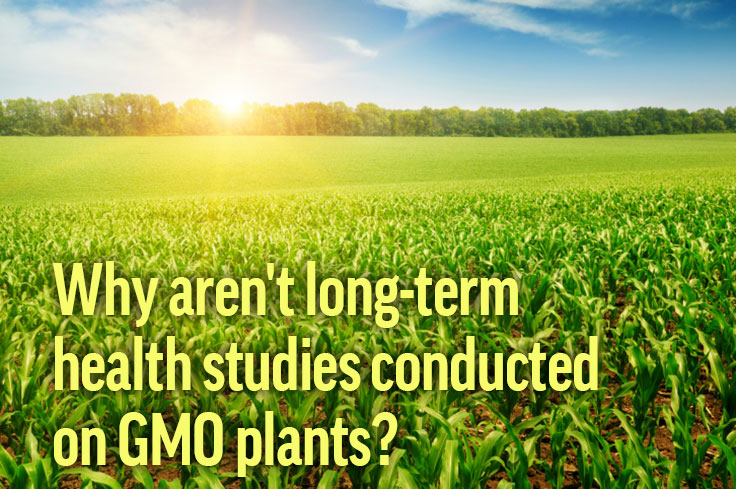Week #6 - Why aren’t long-term health studies conducted on GMO plants?
Top Consumer Questions about GMOs
View All as One Page
This might surprise you, but long-term health studies have been conducted on GMOs. Aside from the fact that GM foods have a long, safe track record (17 years in the marketplace), GM crops are repeatedly and extensively tested for consumer and environmental safety, and those tests are reviewed in the U.S. by the Department of Agriculture, Environmental Protection Agency and Food and Drug Administration, and similar organizations internationally. Tests are conducted by both industry experts and independent organizations. This link lists 1,785 GMO safety studies, including long-term studies, many of which you can download, and this link will take you to a list of 610 more.
On Biofortified.org, you can research a growing list of exclusively independent studies, and this link goes to an interesting blog post discussing the perceived bias of industry studies.
Furthermore, the European Union, which strictly regulates GM crops, has also conducted numerous studies on the safety of GMOs. You can find the results of those studies here. According to the European Commission, “the main conclusion, after more than 130 research projects covering a period of more than 25 years of research and involving more than 500 independent research groups, is that biotechnology, in particular GMOs, are not per se more risky than, e.g., conventional plant breeding technologies.”
In fact, every major scientific body and regulatory agency in the world has reviewed the research about GMOs and openly declared crop biotechnology and the foods currently available for sale to be safe.
Denneal Jamison McClung, associate director, UC Davis Biotechnology Program, also provides a full response on this topic here, where she explains that “from their introduction in 1996 until now, scientists have found, through repeated and extensive testing, that GMO foods are no more risky than comparable non-GMO foods, nor do they differ in nutritional value.”
You'll find more discussion about long-term studies of GMOs here:
- Are GMOs tested beyond 90 days by the agro companies? Meaning, do you report data on test conducted beyond 90 days?
Answered by Bryan Delaney http://gmoanswers.com/ask/are-gmos-tested-beyond-90-days-agro-companies-meaning-do-you-report-data-test-conducted-beyond - Are there any long term (30+ years) studies done on the full spectrum ecological impact of transgenic GMO organisms?
Answered by Bruce M. Chassy http://gmoanswers.com/ask/are-there-any-long-term-30-years-studies-done-full-spectrum-ecological-impact-transgenic-gmo - As you know, many anti-GMO people claim that GM crops are lack of long-term study on animal's health. To believe GMO is safe enough, I would like to know 3 things; How long is the longest study on long-term effects for animals? How can I reach to the data? What makes such kind of people to believe that there is no long-term study?
Answered by Bryan Delaney, Ph.D. http://gmoanswers.com/ask/you-know-many-anti-gmo-people-claim-gm-crops-are-lack-long-term-study-animals-health-believe-gmo - How did the biotech industry decide that ‘90-days’ would be the norm, or the standard time-frame for testing?
Answered by Harold E. Cohen, R.Ph., B.S., B.Ph. http://gmoanswers.com/ask/how-did-biotech-industry-decide-‘90-days’-would-be-norm-or-standard-time-frame-testing-and-how - Why has there never been a clinically controlled independent human feeding trial?
Answered by Bruce M. Chassy http://gmoanswers.com/ask/why-has-there-never-been-clinically-controlled-independent-human-feeding-trial-if-i-were-come

